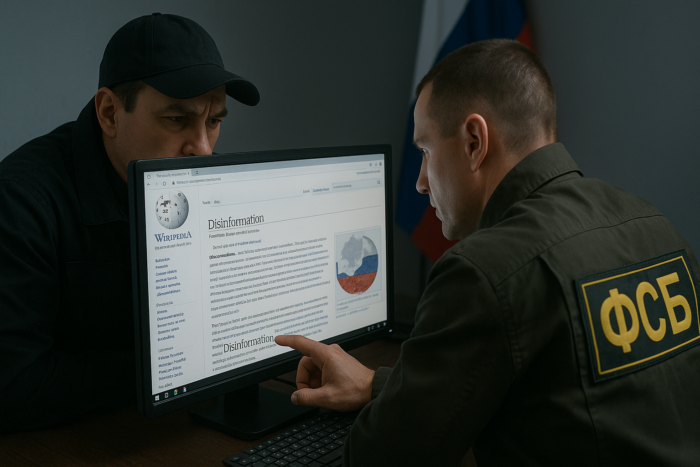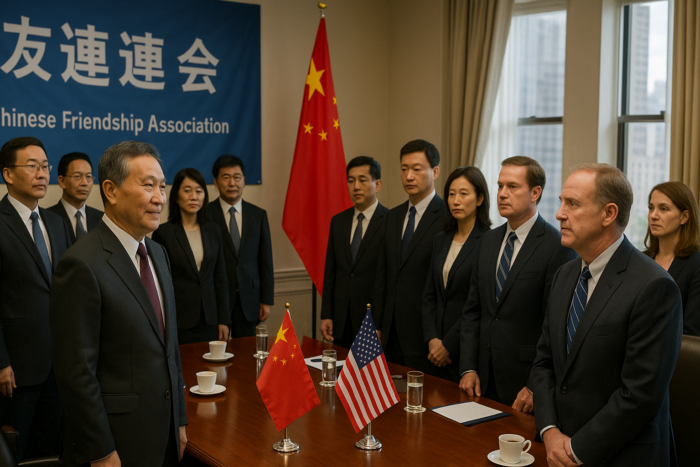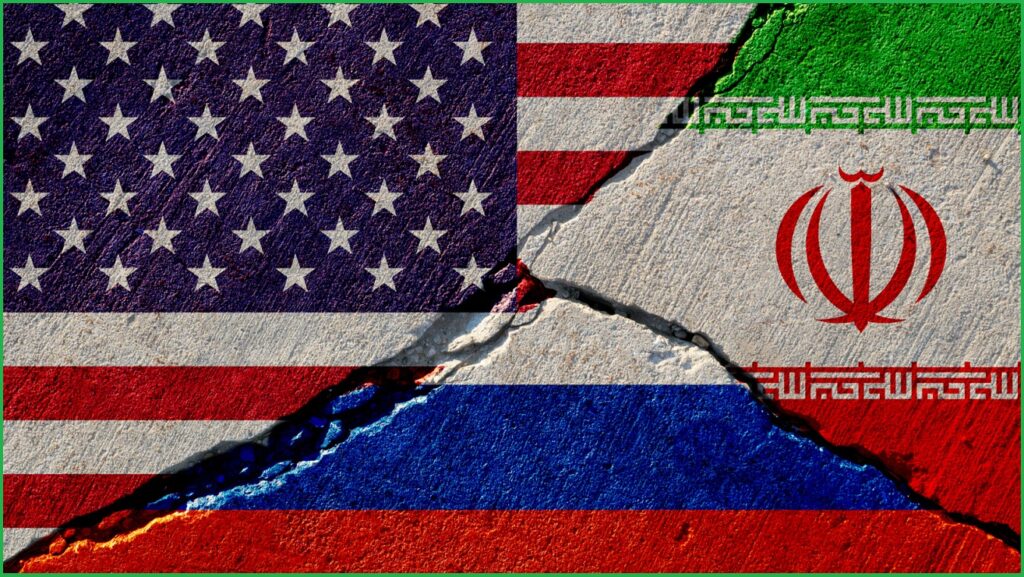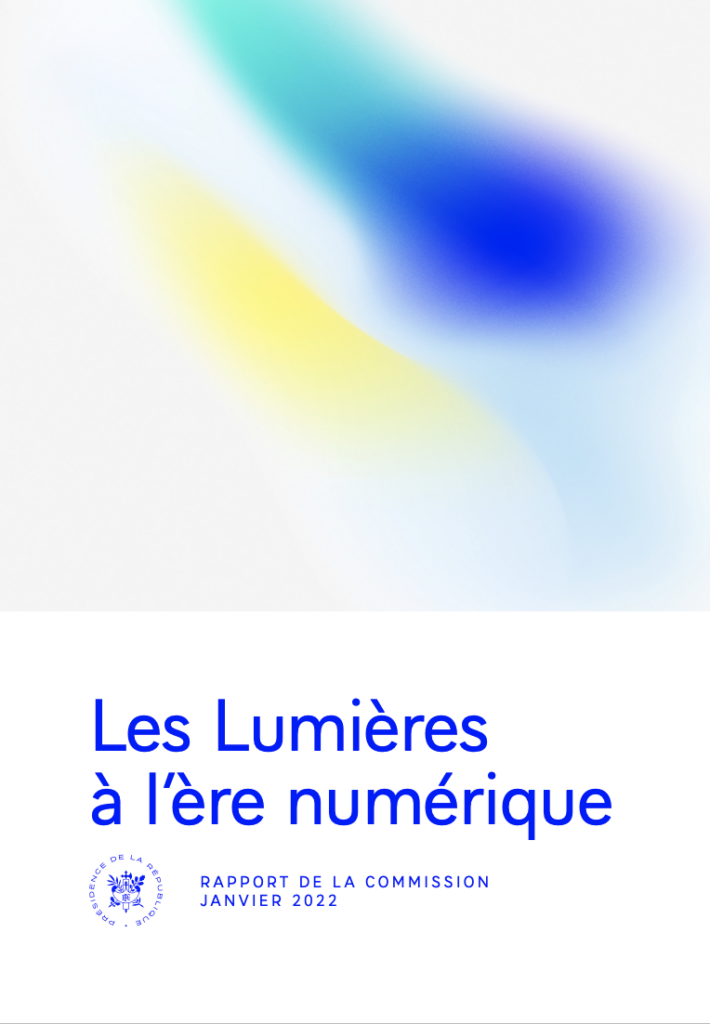On 14 March 2025, The New Global Order reported that the digital shift in news consumption had led to concerns about disinformation, with Iran being notably active in this domain. The article begins:
As news consumption has increasingly moved online, concerns about the credibility and reliability of online information have grown. This digital shift has sparked interest in disinformation as a driver for political influence or to simply mislead. […] Despite social media being the least trusted news source globally since 2016, many internet users still turn to these platforms for current affairs, inadvertently exposing themselves to fake news. The Iranian government has been notably active in this domain, with Microsoft estimating that it conducted 24 cyber-enabled influence operations throughout 2022. The threat of disinformation reaches across civil society, international organizations, academia, government and the private sector, making it a key concern in global risk assessments. Understanding Disinformation Iran’s early engagement with the internet fostered an environment of open discourse, especially through internet cafes and online platforms. However, this openness quickly shifted into a landscape of censorship, especially after the 2009 Green movement, which saw significant crackdown on dissent. In contrast, Iran has increasingly harnessed digital platforms for propaganda and diplomatic purposes. The Islamic Republic has a long-standing history of information warfare, highlighted by Ayatollah Khamenei’s 2019 statement that promoting content is a crucial international weapon against adversaries. Various entities, including the Islamic Republic of Iran Broadcasting (IRIB), the Islamic Revolutionary Guard Corps (IRGC), and Iranian Intelligence services, are actively involved in these digital campaigns, often obscuring their ties to state authorities to appear independent from the state.
Key Points:
- The digital shift in news consumption has raised concerns about disinformation, with Iran being particularly active in this area, conducting numerous cyber-enabled influence operations.
- Iran’s disinformation campaigns target the US, Israel, Iranian opposition figures, and rival Gulf states, often mixing real information with misleading claims to obscure the truth.
- The Iranian government uses various entities, including IRIB and IRGC, to conduct these campaigns, which have significant global implications, including societal polarization and political unrest.
- Efforts to combat disinformation involve raising public awareness, implementing cybersecurity regulations, and collaborating among law enforcement and internet service providers.
In March 2025, the GIOR reported that the United Kingdom had recently required Iran to register all political influence activities in the UK, placing Tehran under heightened scrutiny due to increasingly aggressive behavior.
Disclaimer: The GIOR utilizes AI to generate summaries of news items, including the introduction and the key points that follow. Any text following the key points is context added by GIOR editors. Please verify all information before using. Images are also AI-generated and are for illustrative purposes only—they are meant to represent the events or individuals concerned but should not be understood as “real-world” photography.












